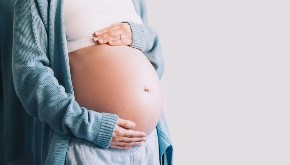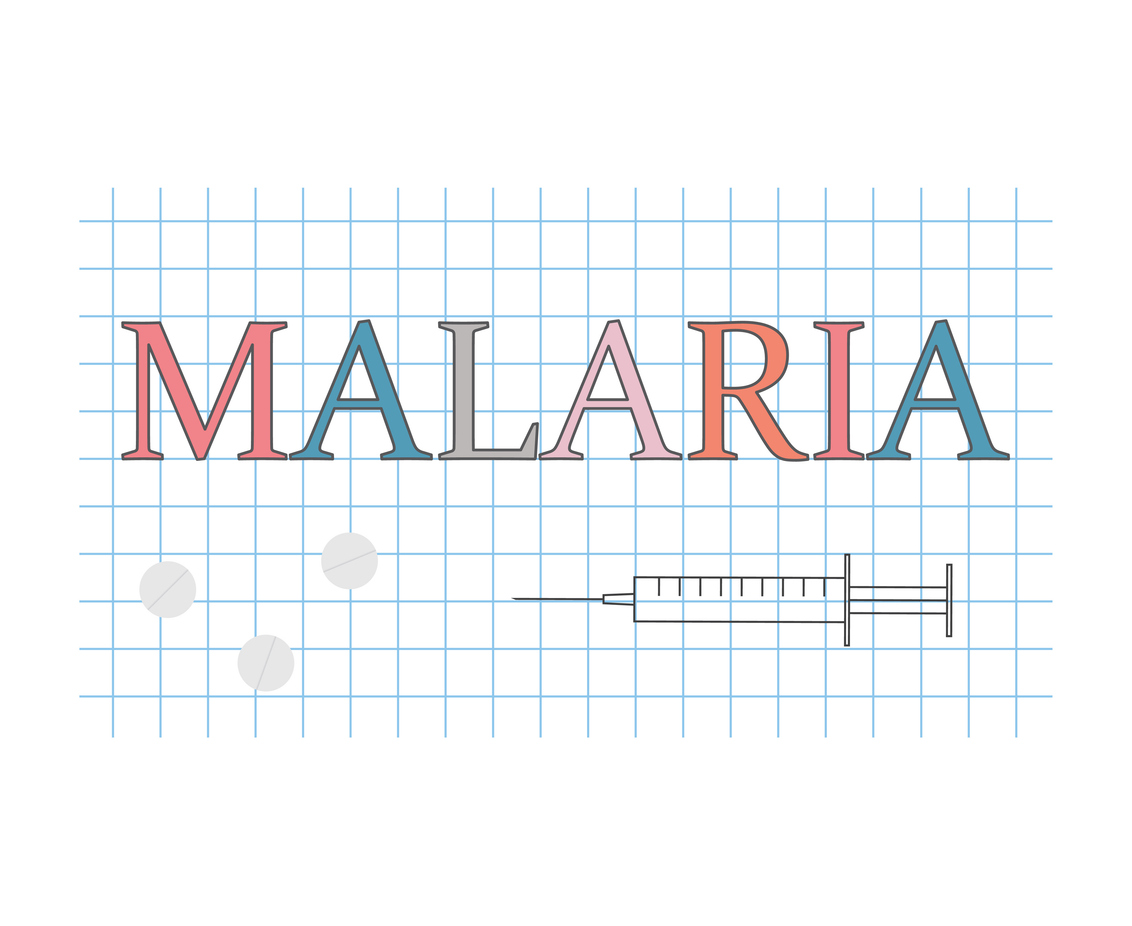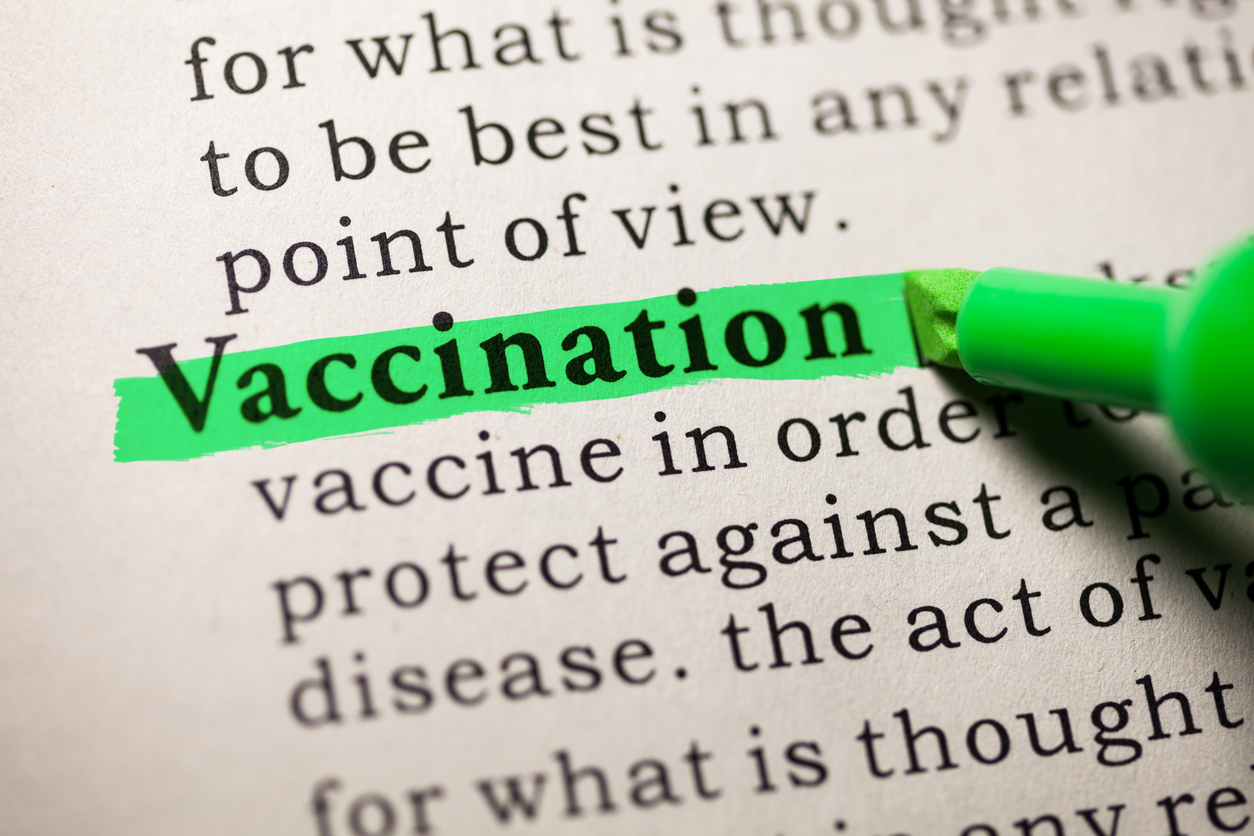2024-08-14
A link between traumatic childhood experiences and biological ageing during pregnancy
Pediatrics
This study explored the links between mothers' traumatic childhood experiences (ACEs) and biological ageing during pregnancy, as well as their potential impact on their children from birth.
The study aimed to examine the intergenerational transmission of the biological effects of adverse life experiences by using epigenetic clocks to measure the biological age of mothers during pregnancy and of newborns at birth. ACEs are potentially traumatic experiences that occur before the age of 18 and are associated with accelerated epigenetic ageing in adulthood. This ageing can be measured by epigenetic clocks based on DNA methylation, which provide an estimate of a person's biological age in relation to their chronological age.
For this study, 14,541 women who gave birth in the Avon health district in the UK between April 1991 and December 1992 were recruited. Of these, 1018 mother-child dyads were included in the study, based on the availability of profiled DNA samples in 2014. The epigenetic age of the mothers during pregnancy was estimated using several epigenetic clocks, including those of Horvath, Hannum, GrimAge, PhenoAge, and DunedinPACE. For newborns, the Knight and Bohlin epigenetic clocks based on umbilical cord blood were used. The primary exposure analysed was a composite measure of maternal ACEs, and the secondary analysis focused on individual ACEs. The primary outcomes of the study were changes in epigenetic accelerated age (EAA) in mothers during pregnancy, and changes in epigenetic accelerated gestational age (GAA) in newborns.
Linear regression analyses were used to determine the association between maternal CEAs and these outcomes. The final sample comprised 883 mother-infant dyads. The average age of the mothers at birth was 29.8 years.
The results showed that pregnant women with high CEA scores had a significant increase in EAA measured by the GrimAge clock, indicating accelerated biological ageing in these women during pregnancy.
The findings of this study suggest that maternal ACEs are associated with accelerated epigenetic ageing later in life, including during pregnancy. This supports the hypothesis that ACEs could play a role in the development and health of children, potentially by influencing their biology from birth.
These results highlight the importance of ACEs not only for the health of the individuals concerned, but also for their children. They suggest that the effects of traumatic childhood experiences could be transmitted from one generation to the next, thus affecting the biological ageing and development of children.
These results highlight the importance of ACEs not only for the health of the individuals concerned, but also for their children. They suggest that the effects of traumatic childhood experiences could be transmitted from one generation to the next, thus affecting the biological ageing and development of children.

Last press reviews
The vaccine that challenges the standards

#Malaria #Vaccination #GA2 #AttenuatedParasites <br><br>
Vaccine vs. SMC: rivals or partners?

#MalariaVaccine #R21MatrixM #Malaria #Vaccination #SMC #InsecticideTreat...
